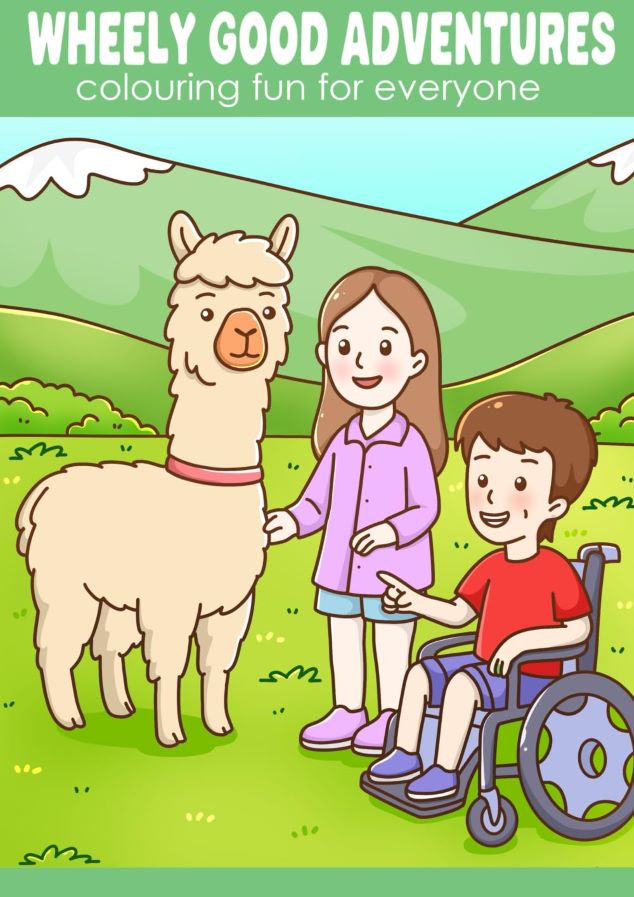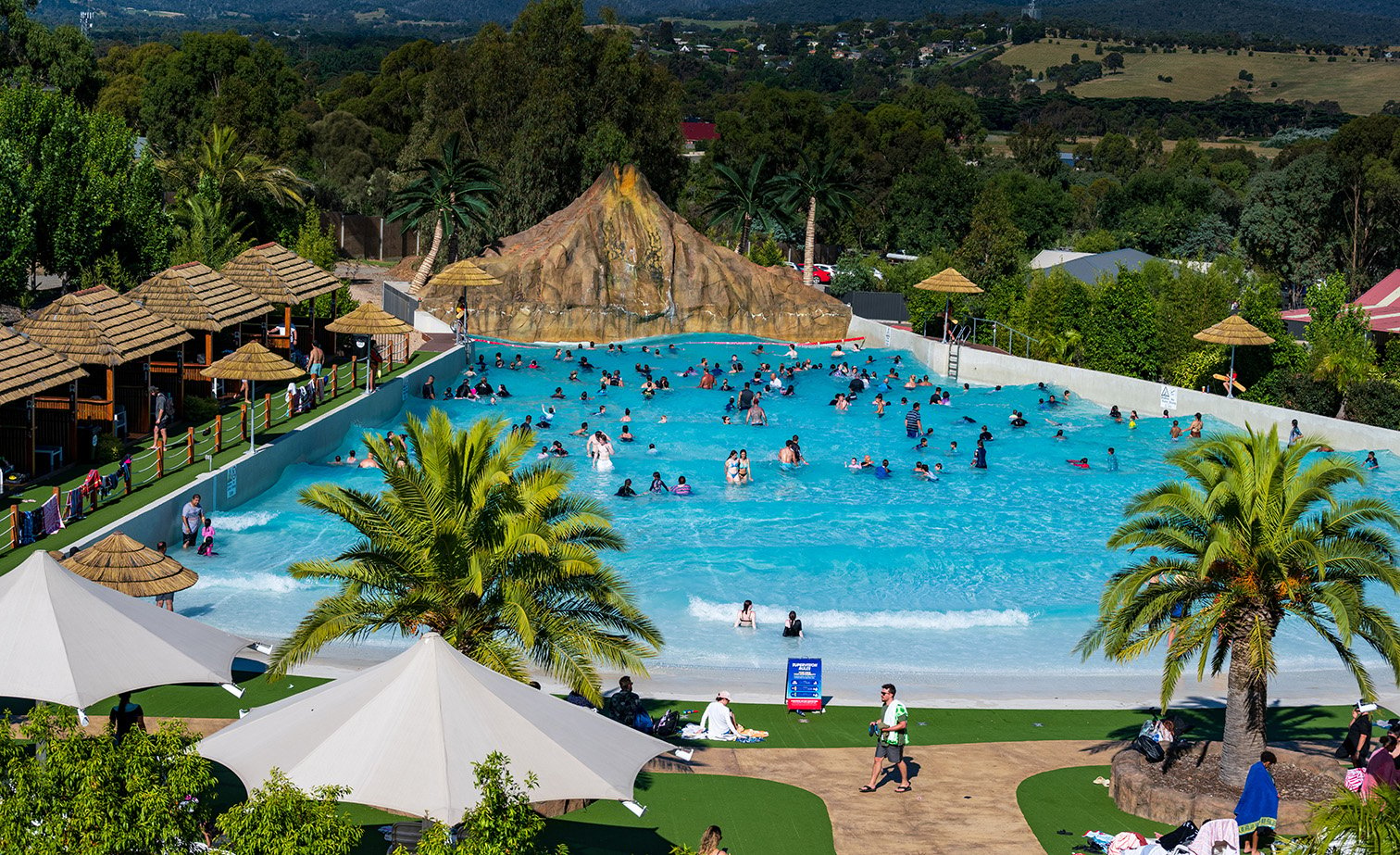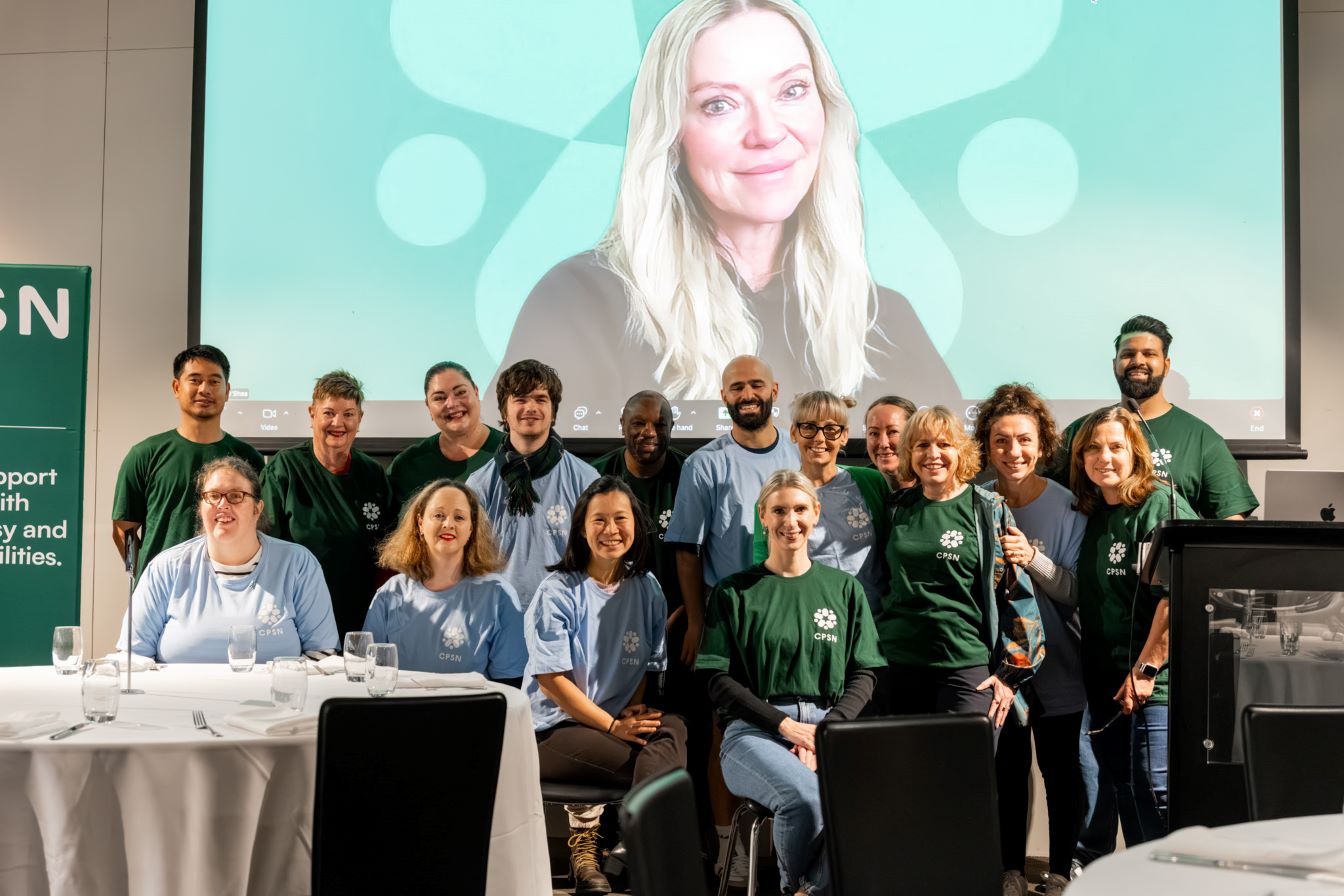Discussing the ‘taboo’ subjects: Sexual & Reproductive Health and Adolescents with Cerebral Palsy
This was a stand-out topic for me personally at the CP-Achieve Conference. Presented by Professor Susan Sawyer, an adolescent physician and paediatrician, and Megan Walsh, speech pathologist from Deakin University and the CP-Achieve Research Centre, their research studies explored the sexual and reproductive health and relationship experiences of young people with complex communication needs. This focussed particularly on those individuals with CP who also had intellectual disabilities and used AAC (Augmentative and Alternative Communication) methods.
The topic of sex and sexual health has often been overlooked or considered too ‘taboo’ to address, despite being a real part of life for people with disabilities. It was refreshing and important to see it discussed openly, backed by thoughtful research and genuine respect for lived experience.
The research findings included powerful insights from the parental focus groups. The parents admitted to having “blind spots” when it came to imagining their young adult children with disabilities dating, being sexually active, or engaging in relationships at all.
Some parents of adolescents with intellectual Disabilities believed that the natural progression of exploring sexuality would be to take their child to a sex worker at 18, viewing it as a one-off event to "tick off the list," rather than part of an ongoing, evolving conversation.
There was a clear disconnect between adolescents’ willingness to express their thoughts and desires, and their parents' assumptions that their child shouldn’t or couldn’t have a say.
Many parents felt unsure of how to talk to their children about sex generally and wondered throughout the study: “Help! Where’s the guidebook on a topic such as this?”
One striking, and yet surprisingly simple barrier for Young Adults wanting to communicate their sexual and reproductive health needs was the lack of relevant vocabulary on their AAC (Augmentative and Alternative Communication) devices.
Words and images related to sex, relationships, and intimacy were often missing entirely. This absence created a significant roadblock to self-expression and inclusivity in the disability space.
The Young Adolescent research study participants also highlighted that there were not enough opportunities outside of their home environments to chat with peers their own age and to develop relationships with them.
There is a distinct lack of information in the Community on how to have sex if you have a disability. Going to the doctor is not just about going for illnesses. Young people have questions they need answered. Doctors tend to dodge answering these in consultations.
This session left a lasting impression on me. I couldn’t stop thinking about the lack of accessible information and resources in this space, especially for young people with Cerebral Palsy who use AAC or have intellectual disabilities. A quick internet search revealed that unsurprisingly, there is very little practical, inclusive guidance available. It’s an area that clearly needs more attention.
This is something I feel strongly about continuing to explore through conversation, advocacy, and the creation of new resources. Stay tuned, because this is just the beginning.
The future with Cerebral Palsy can often be uncertain
We frequently forget to ask about the long-term needs of young people with Cerebral Palsy. These ‘young people’ will eventually reach adulthood and shouldn’t be excluded from the health care system or be ‘aged out’ of the health care system for CP completely.
Young people with Cerebral Palsy often spend significant time navigating the healthcare system to find CP-specific information.
There’s a clear need for more improved health literacy especially among allied health professionals like General Practitioners, who often lack the necessary knowledge of the disability. More targeted education for them is essential.
Cerebral Palsy is a high-resource condition that requires ongoing attention, monitoring, and support, not just in childhood or adolescence, but right throughout Adulthood.
The way forward: Where to turn for Support
Organisations like the Cerebral Palsy Alliance, UP Movement UK, and Melbourne’s CPSN are working hard to change this by advocating for Lived Experience voices and creating more inclusive, practical resources.
Overall, the symposium was incredibly valuable. It offered deep insight into the real needs, desires, and Lived experiences of Young people with Cerebral Palsy, while reinforcing the importance of inclusive, informed, and person-centred care.
.avif)
If you or someone you know needs information, Support, or connection, please reach out. We’re here to help. cpsn@cpsn.org.au (03) 9478 1001

Marketing Officer
CPSN

%20(1).avif)


